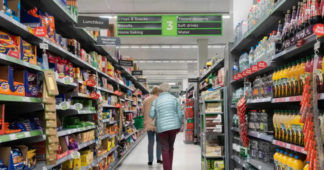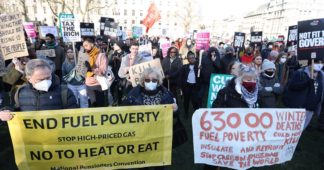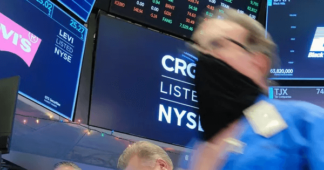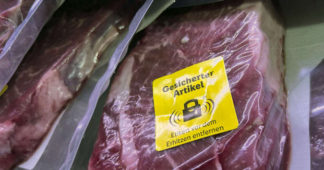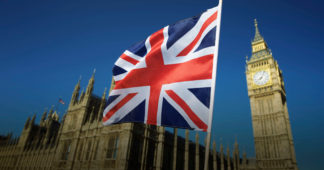By Isaac Nellist
September 4, 2023
You will undoubtedly have noticed the rapidly rising price of food on your recent grocery shop. According to the Australian Bureau of Statistics, food prices have risen by about 8% this year, higher than the average inflation rate.
The ABC reported on August 22 that prices of fruit rose by 10–40%, frozen vegetables by 18%, canned products by 12% and dairy products by up to 20%.
Deakin University research found that food prices had gone up “across the board”.
This price surge, accompanied by the soaring cost of petrol, household bills and rents, has left millions of people struggling to get by.
A Guardian Essential Poll found that 72% of respondents are buying less because of price hikes. More people are skipping meals and avoiding more “expensive” foods, such as dairy and meat.
Unsurprisingly, some have turned to shoplifting to put food on the table. According to New South Wales Bureau of Crime Statistics and Research data shoplifting has increased by 38% over the past two years.
The major retailers have responded by investing in high-tech anti-shoplifting technology, including installing cameras at self-checkout machines that use artificial intelligence to check what customers are scanning.
Coles chief executive officer Leah Weckert complained that rising shoplifting rates were impacting profits.
But while many struggle to put food on the table, Coles and fellow supermarket giant Woolworths have reported mega profits.
Coles announced a 4.8% rise in profits in the 2022–23 financial year, up to $1.09 billion, and Woolworths reported a 4.6% rise to $1.6 billion.
This continues the duopoly’s skyrocketing profits that began during the pandemic when Woolworths reported a rise of 78% to $2.1 billion.
The supermarket giants are using “inflation” as an excuse to massively ramp up prices, thereby boosting their profits.
Both corporations cite the Russian invasion of Ukraine, the COVID-19 pandemic and supply chain issues as reasons for their price gouging.
But research by The Australia Institute, in July last year, found that corporate profiteering is a key driver of inflation.
“The national accounts show it is rising profits, not rising costs, that are driving Australia’s inflation,” David Richardson, Matt Saunders and Richard Denniss argued.
“While companies are arguing that they have ‘no choice’ but to increase their prices, the fact that they are making record and rising profits is proof of how many choices they really have.”
wages_graph.png
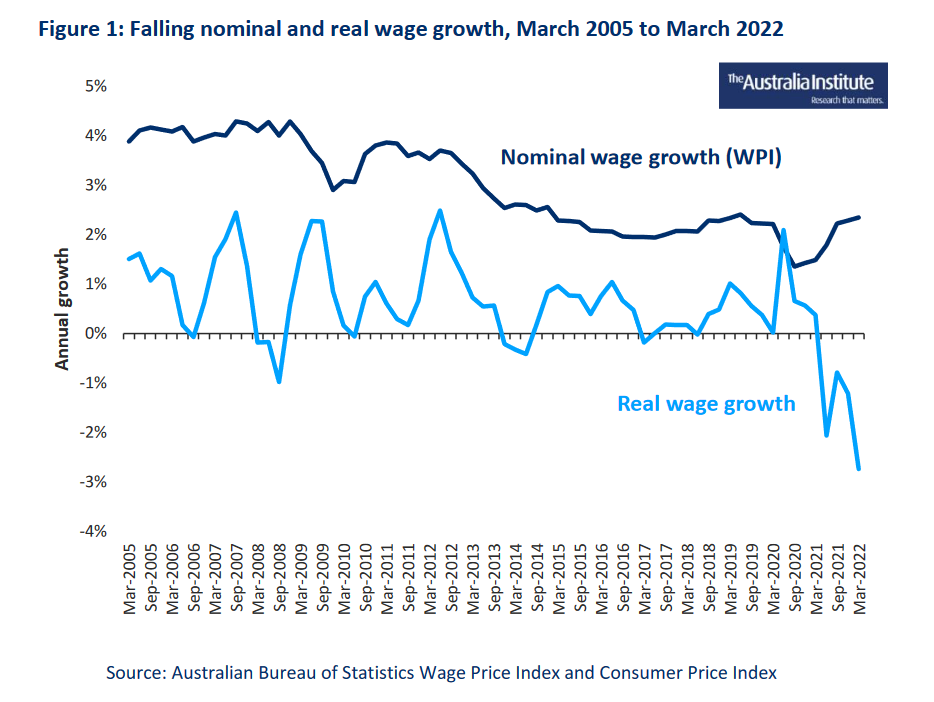
While Coles and Woolworths are not the only corporations profiteering from the cost-of-living crisis — Qantas, the Commonwealth Bank of Australia and energy company AGL are other examples — their monopolistic power and governments’ refusal to control prices, even of essential items like food, allows them to get away with this.
In the 2022 financial year, Woolworths controlled 37.1% of Australia’s grocery market compared to Coles’ 27.9% share. ALDI controlled 9.5% and IGA held 6.9%. The rest went to independent retailers.
The Coles-Woolworths duopoly controlled 65% of the market, with an even bigger market share in some small towns and regional centres. Coles and Woolworths can get away with bumping up prices because many people have little choice but to shop at these price-gouging mega grocers.
These companies could spare us their cries about shoplifting threatening profits while they commit daylight robbery.
Corporate profiteering and price gouging are the cause of the cost-of-living crisis, which, in addition to the housing crisis, is also affecting those without employment.
Deakin University researcher Dr Christina Zorbas told the ABC that the federal government needs to step in to reduce food prices, and raise welfare payments to ensure that nobody has to skip meals.
Profiteering is not illegal and, under capitalism, it’s even encouraged. When working people have to skip meals to pay the rent in a rich country, this is the definition of a sick system.
Green Left has been campaigning against such injustice for more than 30 years. If you agree and want to join the fight for a world where no one goes hungry, become a supporter today! It’s cheaper than a block of cheese.
We remind our readers that publication of articles on our site does not mean that we agree with what is written. Our policy is to publish anything which we consider of interest, so as to assist our readers in forming their opinions. Sometimes we even publish articles with which we totally disagree, since we believe it is important for our readers to be informed on as wide a spectrum of views as possible.
